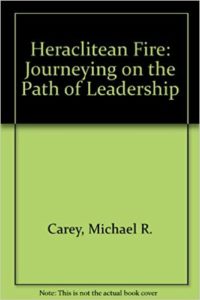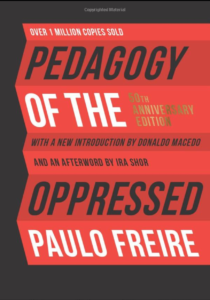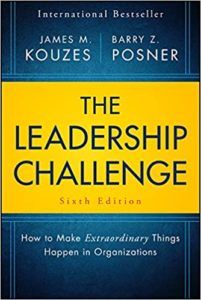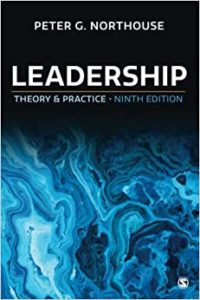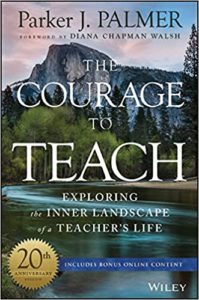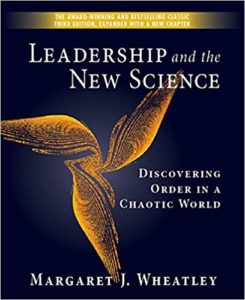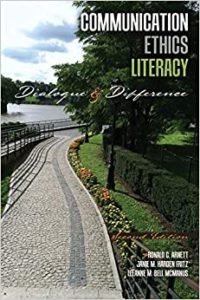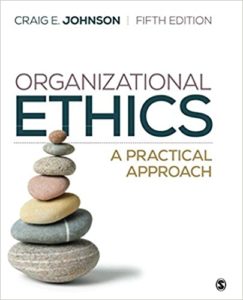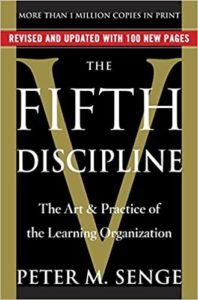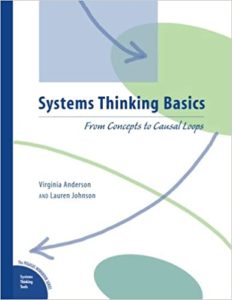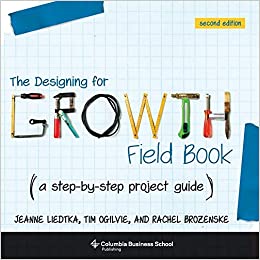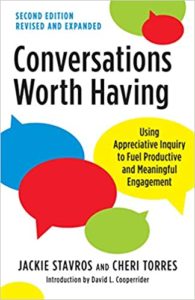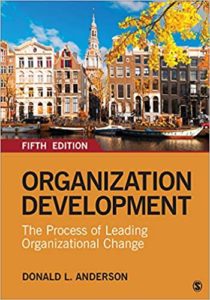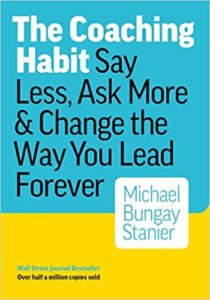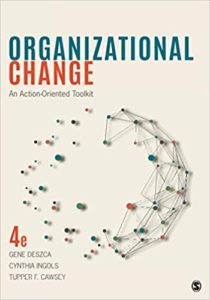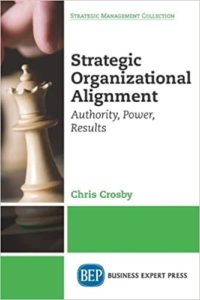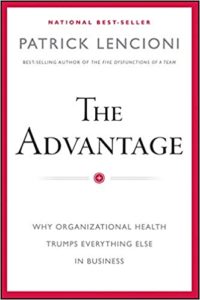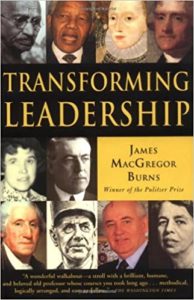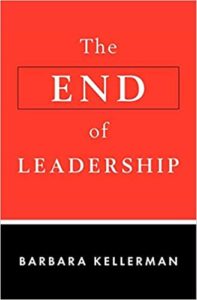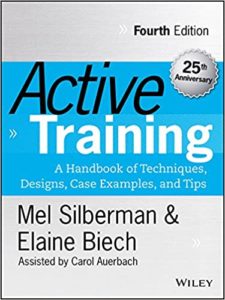Organizational Leadership at Gonzaga University

Gonzaga University’s leadership studies department offers a master of arts program in organizational leadership and another in communication and leadership. They also offer a doctoral program in leadership studies. I attended the MA program in organizational leadership and have documented the core courses and chosen electives below. In each section, you will find a course summary sharing what I took away from the class, as well as an artifact showing a tangible result of that learning.
ORGL 600 Course Summary
This class focused on the basics of leadership and the many styles of leading. The reading was paired with reflection assignments enabling us to create clarity on what we wanted and did not want as leaders. This clarity was useful in developing an understanding of ourselves, our strengths, and our gaps. I left this class feeling confident in understanding the wide world of leadership, the basics of the art, and the research findings of different leadership strengths and weaknesses.
Class Artifacts
A class assignment included Ignatian journal reflections. These reflections served as a written meditation on what I desire to be as a leader.
I also created an article about the basics of leadership. You can read more here: What is Leadership, Anyway?
ORGL 605 Course Summary
This was the first immersion I took, which need to be carried out online (due to COVID). We discussed creativity and imagination around leadership, as well as a brief biography of Ignatius of Loyola. The most impactful aspect of this class was watching different versions of Richard III from Shakespeare. Interestingly, viewing the same story interpreted by 3 different actors instilled different reactions. There was a clear connection between this exercise and how leaders act and interpret situations. At the end of the class, we discussed a leadership artifact that impacts us, as well as created our own artifact. This was an effective means to stimulate thinking and consideration on how to remember what is important to us as leaders.
Class Artifacts
I created a weekly leadership reflection journal to give leaders (and myself) an opportunity to reflect on important questions related to leadership.
Want to journal? Check it out here.
I also created an article to help new leaders consider what kind of leader they want to be. You can read it here: What kind of leader are you?
ORGL 610 Course Summary
Learning about ethics was challenging and useful. This class focused on ethics from a personal standpoint as well as a behavioral standpoint. We first focused on what ethics are, and how we evaluate our own ethics. As the class progressed, we began analyzing moral dilemmas and conflicting ethical behavior. I walked away from this class better able to analyze conflict from ethical frames of reference. Also, the class made me appreciate how ethics vary depending on the person and their own worldview.
Class Artifact
I created an article about the importance of self-awareness and ethics/values in leadership.
ORGL 615 Course Summary
This class was focused on systems and systems thinking. We leaned into Peter Senge’s “The Fifth Discipline” and worked in groups throughout the course. We learned to describe how different systems within an organization affect each other. We went through a Mt. Everest role-play program to experience decision-making with siloed information. We also submitted a mock consultation to help a company grow its business. This was a demanding and challenging class, but the content and experiences made for a memorable and effective course.
Class Artifact
The coursework included a group project where we created a mock consultation for the company MindTree. The presentation required the use of systems thinking and challenged us to use course learnings to create recommendations.
ORGL 515 Course Summary
This class focused on learning strategies for changing behavior. Specifically, we focused on dialogic OD, growth mindset, design thinking, appreciative inquiry, and action research. The assignments in the class allowed me to focus on a problem and address its challenges using each of the methods above. There were two methods that resonated most with my preferred style of working: growth mindset and appreciative inquiry. The growth mindset work taught me how to promote a culture of learning while the appreciative inquiry work focused on the existing strengths of an organization. The reading materials were not only applicable to organizational change but to personal change, as well.
Class Artifact
Using learnings from this class, I created an article about different strategies to influence personal and organizational change.
ORGL 516 Course Summary
This course focused on organization development and how to implement a change strategy. The reading in this course included a text focused on OD as well as a variety of books about supporting skills. I read “The Coaching Habit” and it had a large impact on how I view the interpersonal skills required by a leader and change agent. I left this class feeling confident in the communication requirements of leaders and change agents to implement lasting and effective change. Not only that, but strong communication skills also have an impact on workplace culture and employee satisfaction. While coaching is not a strategy, it is a required skill for leaders to scale and ensure followers feel appreciated and supported.
Class Artifact
I created an article about core skills/styles for leaders, including coaching.
ORGL 517 Course Summary
This course dug further into the “how” of organization development. It included an onsite immersion with my peers which allowed us to learn, discuss, and theoretically apply change strategies. Two aspects of this course were most impactful:
- Different groups explained a variety of change models and frameworks
- We learned by doing. We discussed the challenges we faced within our organizations and practiced applying different models to those challenges.
The immersion allowed me to hear differing opinions and perspectives regarding the impact of different strategies on organizational change. I walked away from this class feeling much more confident about applying particular methods to change efforts.
Class Artifact
Learn about Patrick Lencioni’s Organizational Health model with a presentation created for this class.
ORGL 518 Course Summary
This class focused on the “how” and “what” of transformational leadership. Through the reading and assignments, we learned about the skills and traits of transforming leaders. I left this class understanding how leaders can modify their behavior to empower followers to transform their organization. I also recognized how this content overlapped with other skills learned in other classes. In particular, the skill of coaching surfaced as a trait of transforming leaders.
Class Artifact
I wrote a paper summarizing the key principles of a transforming leader as proposed by 3 different authors.
Click here to learn the key principles of transforming leadership.
COML 511 Course Summary
This course focused on the “how” of consultation and training. We learned methods for creating training courses and then worked in teams to actually create one. Our coursebook “Active Training” served as a resource for creating training programs. The discussion boards were an effective resource to discuss our past experiences. We learned what people found effective and ineffective in training they had previously participated in. We could then consider this feedback when creating our own mock programs.
Class Artifact
Our final project included creating a training course. My group and I created a training video about goal setting for project managers.
